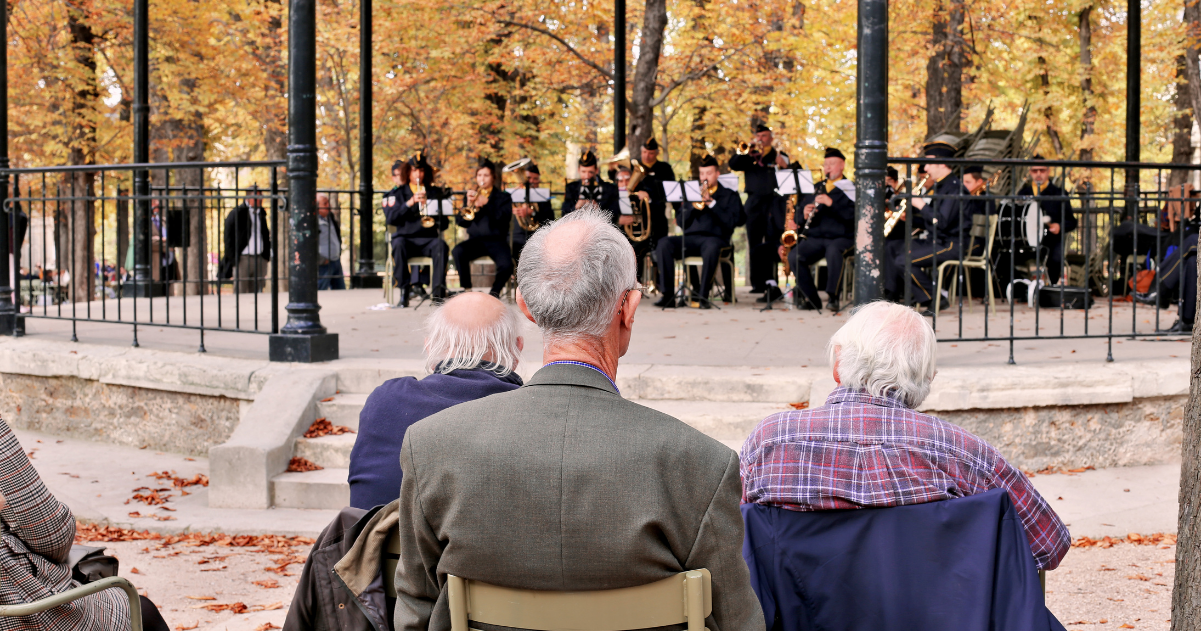Almost everyone has had the experience of being touched by a piece of music. From feelings of nostalgia when an old favorite is played to being awestruck by a virtuoso performance – music can have a profound effect on its listeners, no matter the genre. Moreover, the benefits music can offer extend beyond improving your mood, which we explore in this blog.
Learn more about the power of music, and discover how it’s helping seniors living in New York City.
How Does Music Affect My Health?
According to Healthline, music can influence your mood in addition to improving memory, cardiovascular function, and athletic performance.
Medical experts share that music can enhance the function of neural networks, slow the heart rate, lower blood pressure, reduce levels of stress hormones and inflammatory cytokines, and provide some relief to patients undergoing surgery, as well as heart attack and stroke victims.
Although simply listening to music is different from intentional music therapy, enjoying your favorite tunes can still provide benefits like reduced stress.
For people living with dementia or other memory-related cognitive impairments, music can elicit positive reactions, too. According to Jackie Vanderbeck, founder and producing artistic director of the nonprofit Sing For Your Seniors, that’s because music can touch a part of the brain that’s unaffected by dementia.
“Somebody who might not even know their name anymore,” says Vanderbeck, “will perk up at the sound of a melody and sing the lyrics to the song. The music is a way of breaking through that barrier and making a connection with somebody. Our artists experience that a lot – it’s really incredible.”
Restoring Dignity Through Music
Concerts in Motion is another nonprofit that brings music to isolated, homebound, or hospitalized residents throughout New York City. Professional musicians play requested pieces in any genre and perform in a variety of settings, from hospital bedsides to assisted living communities.
Drew Barnes, Program Manager at Concerts in Motion, says the organization's goal is to reduce isolation and bring dignity back to their listeners. “Music is an experience that can be appreciated and engaged upon by everyone who is there, at any level, any capacity. No one is left out,” she says.
Barnes adds, “You’re able to really tap back into that time in your life when you looked forward to going to the theater or going to a performance, and it doesn’t have to be taken away from you. We can still bring it to you wherever you are.”
Music can also help reduce isolation, according to Concerts in Motion’s Founder and Executive Director, Jennifer Finn. Attending a concert is habitual, almost ritualistic – people know what type of behavior is expected, so they know to sit together and listen when the music begins and to celebrate when the performance concludes.
“Using music as a cultural tool to alleviate social isolation is incredibly powerful,” says Finn. “When a musician has devoted their life to a particular genre, and is playing from their heart, the listeners can really feel that too.”
Music at 305 West End Assisted Living
At 305 West End Assisted Living, providing residents with cultural enrichment through music and the arts is an ongoing effort. That’s why we’ve partnered with both Sing for Your Seniors and Concerts in Motion to offer regular performances for residents, in addition to our music therapy program specifically for residents in our memory care program, Reflections.
“We’re not just there to perform at a group; we’re really there to engage with the group, using music as a tool for engagement,” says Vanderbeck. “We’ve gotten wonderful feedback so far.”
More to Explore: Free Guide to Memory Care in Manhattan
If you’re searching for a memory care community in Manhattan, download a free copy of our guide, The New Yorker’s Guide to Memory Care in Manhattan. It’s designed to help those responsible for a loved one or client impacted by dementia find the appropriate memory care setting. Inside you’ll find:
- What’s typically included in a memory care program
- What questions you should ask when evaluating programs
- Examples of quality programs and offerings







